‘Are we doomed, or is there still a chance to save civilisation?’
Your digest of analysis from the British and international press
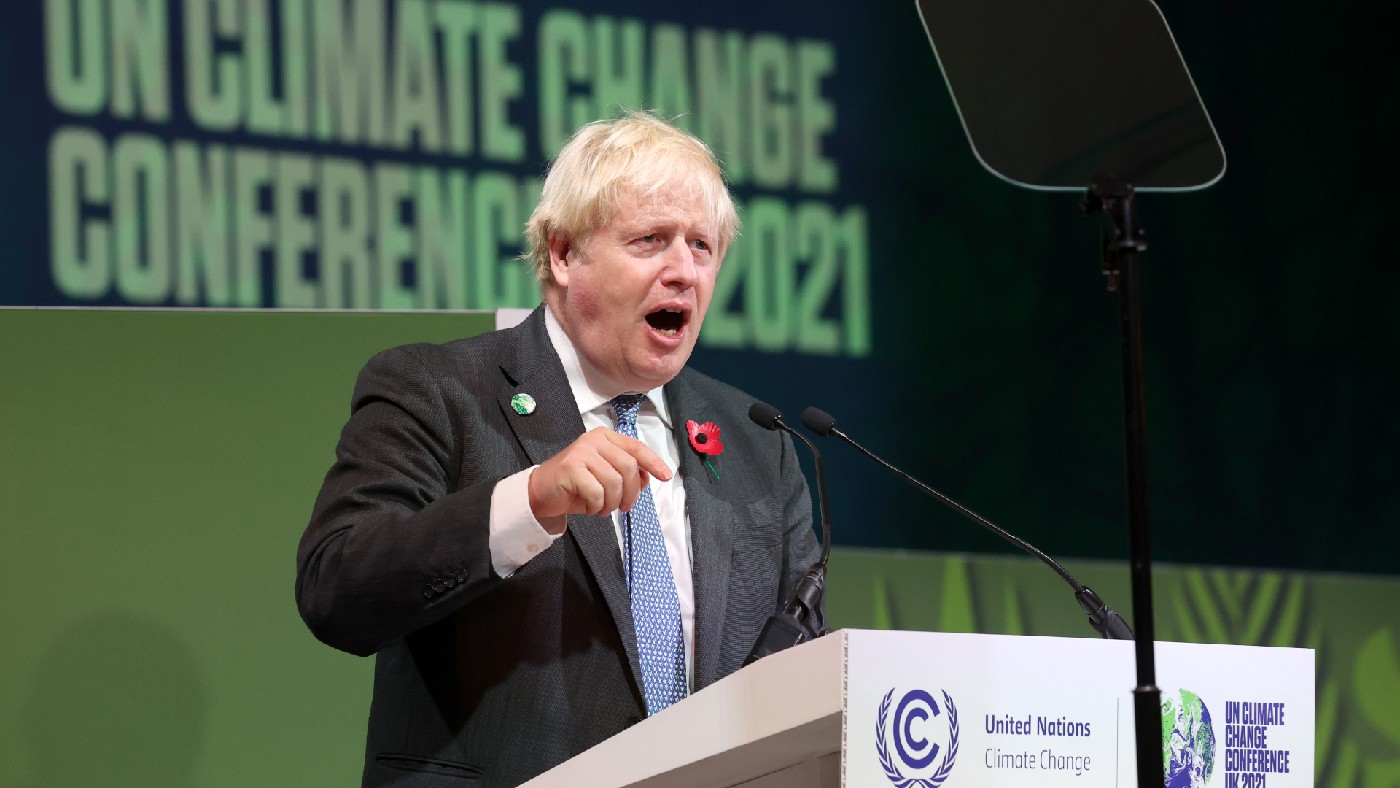
- 1. We need radical policies to reach net zero. Here’s a fairer way to do them
- 2. Why journalism matters more than ever
- 3. After the pain of Covid, celebrating Diwali is going to feel extra special this year
- 4. The BBC’s prophet of doom belongs in a pulpit
- 5. Don’t be hard on Lady Eliza, we all have cash flow problems
A free daily email with the biggest news stories of the day – and the best features from TheWeek.com
You are now subscribed
Your newsletter sign-up was successful
1. We need radical policies to reach net zero. Here’s a fairer way to do them
Polly Toynbee for The Guardian
on creating carbon taxes
“Are we doomed, or is there still a chance to save civilisation?” asks Polly Toynbee in The Guardian. Veering “between despair and slender hope” is easy when you look at the status of our emissions, she continues. When “the world’s richest 1% emit 35 times what each individual should use to ensure global heating does not exceed a 1.5C rise”, Boris Johnson is pretending when he says “answers can be conjured up ‘without so much as a hair shirt in sight’”. One action that could make a real difference is carbon taxes, says Toynbee – something like the “radical scheme for tradable personal carbon allowances (PCAs)” put forward by David Miliband in 2006. This policy could be “a potential win-win-win”, she adds. “It would fix an annual reduction in carbon emissions and redistribute cash from the extravagant to the carbon thrifty in this most unequal country.” But a policy like this “demands tough government action”, concludes Toynbee. “Do I think this government of the rich for the rich would do it? No chance.”
The Week
Escape your echo chamber. Get the facts behind the news, plus analysis from multiple perspectives.

Sign up for The Week's Free Newsletters
From our morning news briefing to a weekly Good News Newsletter, get the best of The Week delivered directly to your inbox.
From our morning news briefing to a weekly Good News Newsletter, get the best of The Week delivered directly to your inbox.
2. Why journalism matters more than ever
Nadine Dorries for The Yorkshire Post
on fighting fake news
Why does journalism matter? “It’s not just so we can have something entertaining to read with our morning bowl of corn flakes”, says culture secretary Nadine Dorries in The Yorkshire Post. “Our democracy relies on it.” Good journalism “exposes wrongdoing and injustice”, she continues, “it scrutinises people in power and it champions and celebrates good causes”. And, in the internet age, the work of journalists “has become even more important”: they are “our first line of defence in the fight against fake news”. Dorries says that one of the “biggest issues” in her “in-tray” is ensuring “big social media platforms protect their users from danger online, including misinformation”. The “trailblazing” Online Safety Bill “includes extremely important protections and exemptions for journalists”, she adds. “In government we’re doing all we can to help back our brilliant journalists to go about their jobs without fear or favour,” Dorries concludes. “This week you can do the same – by picking up a paper or visiting the websites of our world-renowned news industry.”
A free daily email with the biggest news stories of the day – and the best features from TheWeek.com
3. After the pain of Covid, celebrating Diwali is going to feel extra special this year
Minreet Kaur for the i news site
on returning to ‘some kind of normal’
On Thursday, freelance journalist Minreet Kaur will be celebrating Diwali along with “millions of others across the UK. And, with Covid meaning we couldn’t gather last year, this one already feels incredibly special,” she writes on the i news site. As a Sikh, Kaur will be celebrating Bandi Chhor Divas: “it’s our version of Diwali and means liberation of prisoners day”, she explains. Accompanied by her family, Kaur will be lighting candles at home and in the garden “if the British weather allows” and eating a feast together, featuring “Sholay, a chickpea dish, which we eat with a fried roti called Puri”. They’ll also be visiting an open kitchen “to donate food and sweets to be shared with homeless people in our area”. “Last year it was heart-breaking not being able to celebrate as we normally would,” says Kaur. There will still be some Covid restrictions in place on Thursday, “but I am so excited we can go back to some kind of normal this year”.
4. The BBC’s prophet of doom belongs in a pulpit
Charles Moore for The Daily Telegraph
on climate change ‘preaching’
Tim Davie, the BBC’s director-general, is currently “engaged in a push to make the corporation’s commitment to impartiality real”, writes Charles Moore in The Daily Telegraph, adding: “I think he should start with its environment analyst”. In Roger Harrabin’s recent reporting from Cop26 in Glasgow, which was broadcast on yesterday’s Today programme, none of his “assertions was sourced beyond ‘the scientists say’”, Moore writes. “There was not even the faintest attempt to suggest that his claims about the state of the planet were disputable.” Harrabin’s “call for ‘revolutions’ – getting rid of coal, cars etc – [was] unqualified by any sense that in a democracy views on such things may legitimately differ”, he continues. It was “pure preaching, and deliberately frightening preaching too”. “I do question whether [Harrabin] should be allowed to do the broadcasting equivalent at the expense of TV licence payers,” concludes Moore. “Perhaps it would be unkind to sack him, but couldn’t Mr Davie confine him to a weekly slot on Thought for the Day?”
5. Don’t be hard on Lady Eliza, we all have cash flow problems
Sara Tor for The Times
on the perils of self-employment
Lady Eliza Manners – the socialite daughter of the Duke of Rutland – had her “finances dragged up in court and in the papers” when she couldn’t pay her £100 speeding fine and had it reduced by 50%, writes Sara Tor in The Times. “Of course there will be many comments about how she is the daughter of a duke and should be able to pay, but on this occasion I can totally relate to her,” she continues. First, “the bank of mum and dad is notoriously unforthcoming with its cash bonuses when you’re in a spot of bother”, Tor continues. Second, trying “to live off the funds generated by… adventures in self-employment” can be difficult: “Whether you run an interior design company like Lady Eliza or you’re a freelance journalist, chasing up invoices and hassling people for payment is an extra part-time job that can result in some rather cash-strapped months.” Let’s cut Lady Eliza some slack, concludes Tor. “She’s just a young girl trying to support herself and sometimes paying a fine of £100 just isn’t feasible. After all, we all have our lifestyles to maintain: I need my Netflix account, she needs her nights out at Annabel’s.”
-
 Local elections 2026: where are they and who is expected to win?
Local elections 2026: where are they and who is expected to win?The Explainer Labour is braced for heavy losses and U-turn on postponing some council elections hasn’t helped the party’s prospects
-
 6 of the world’s most accessible destinations
6 of the world’s most accessible destinationsThe Week Recommends Experience all of Berlin, Singapore and Sydney
-
 How the FCC’s ‘equal time’ rule works
How the FCC’s ‘equal time’ rule worksIn the Spotlight The law is at the heart of the Colbert-CBS conflict
-
 Boris Johnson shocks UK by resigning from Parliament
Boris Johnson shocks UK by resigning from ParliamentSpeed Read
-
 Bees delay flight for three hours
Bees delay flight for three hoursfeature And other stories from the stranger side of life
-
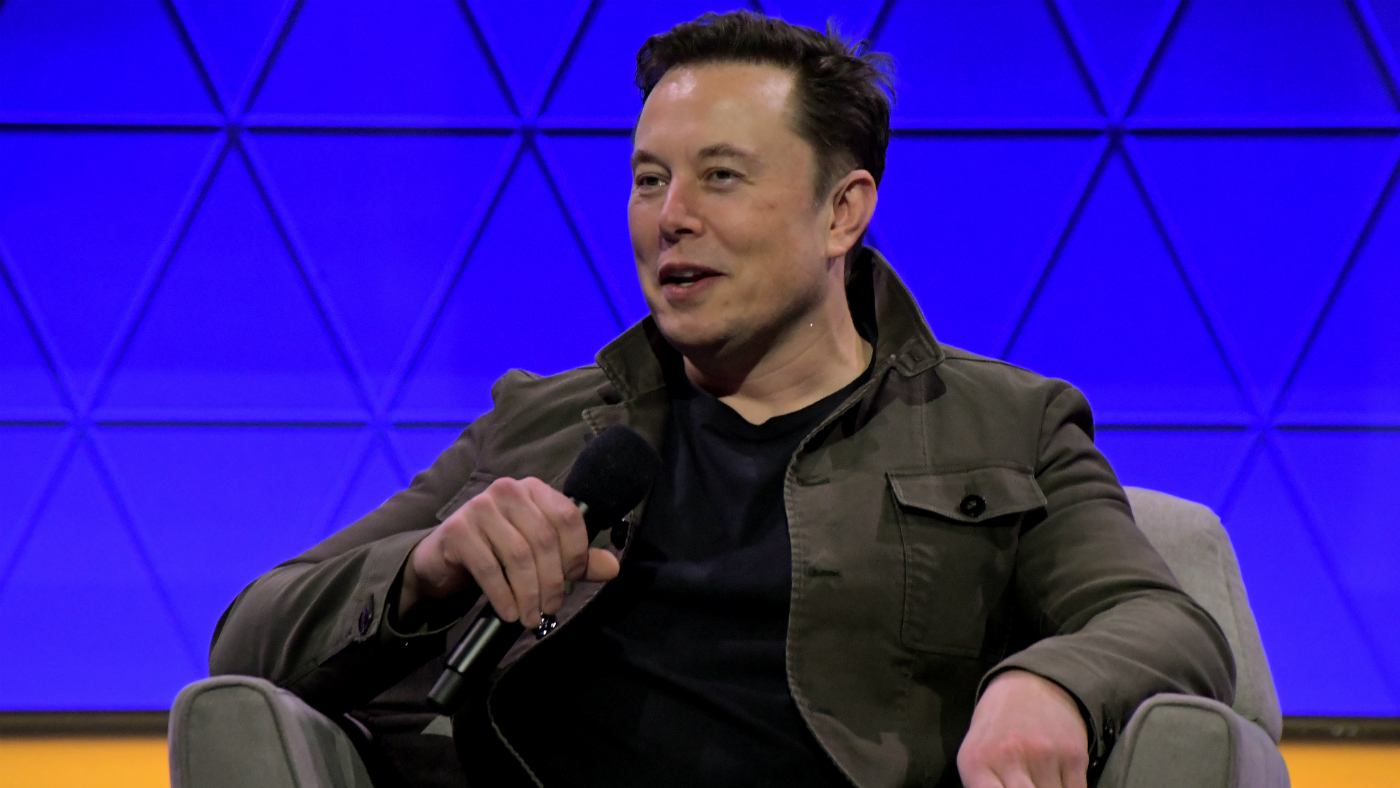 Elon Musk bans critical journalists on Twitter
Elon Musk bans critical journalists on TwitterSpeed Read Several high-profile reporters have been suspended for sharing tweets about owner’s private jet flights
-
 ‘The UK’s malaise will not end with the Prime Minister’s exit’
‘The UK’s malaise will not end with the Prime Minister’s exit’Instant Opinion Your digest of analysis from the British and international press
-
 ‘Police tactics are not getting worse, they are simply being filmed’
‘Police tactics are not getting worse, they are simply being filmed’Instant Opinion Your digest of analysis from the British and international press
-
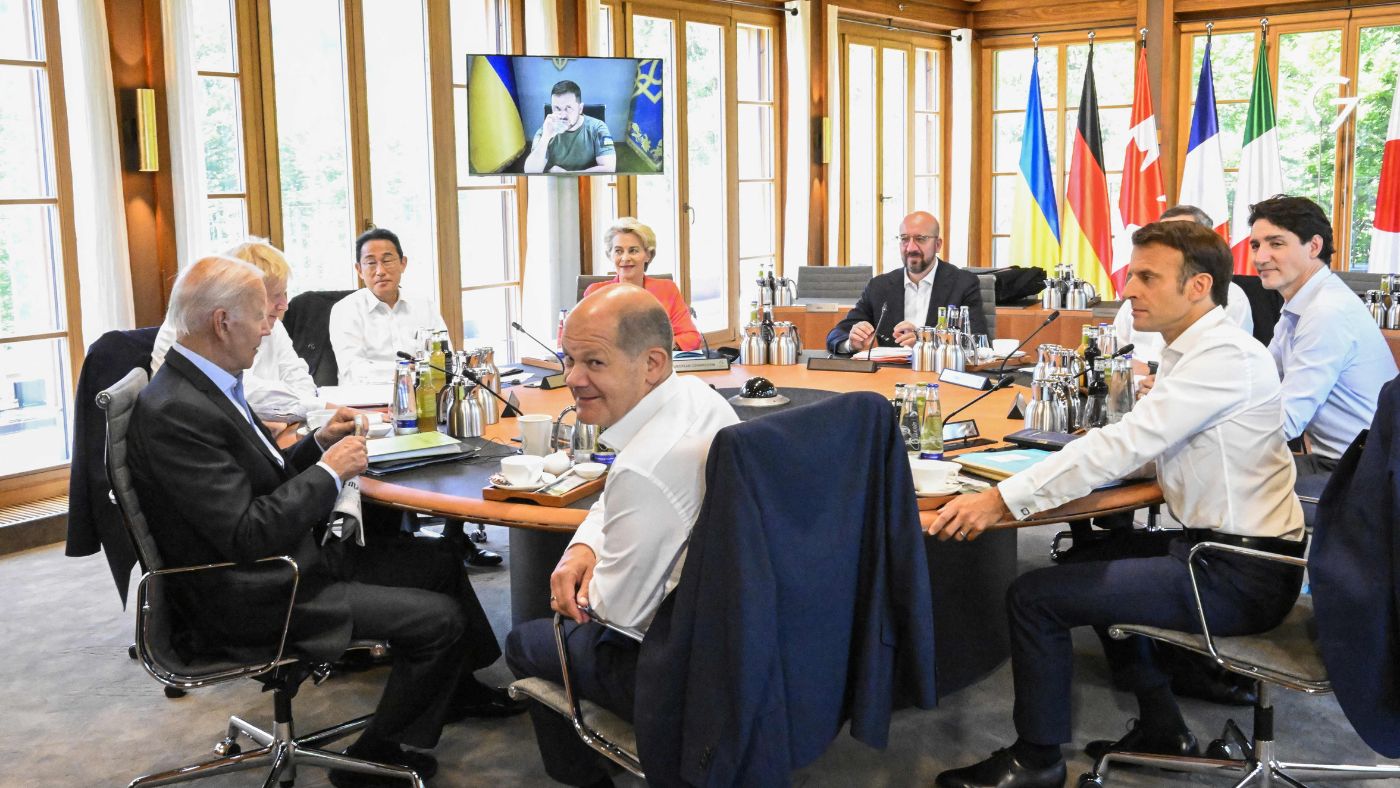 ‘G7 leaders missed a golden opportunity’
‘G7 leaders missed a golden opportunity’Instant Opinion Your digest of analysis from the British and international press
-
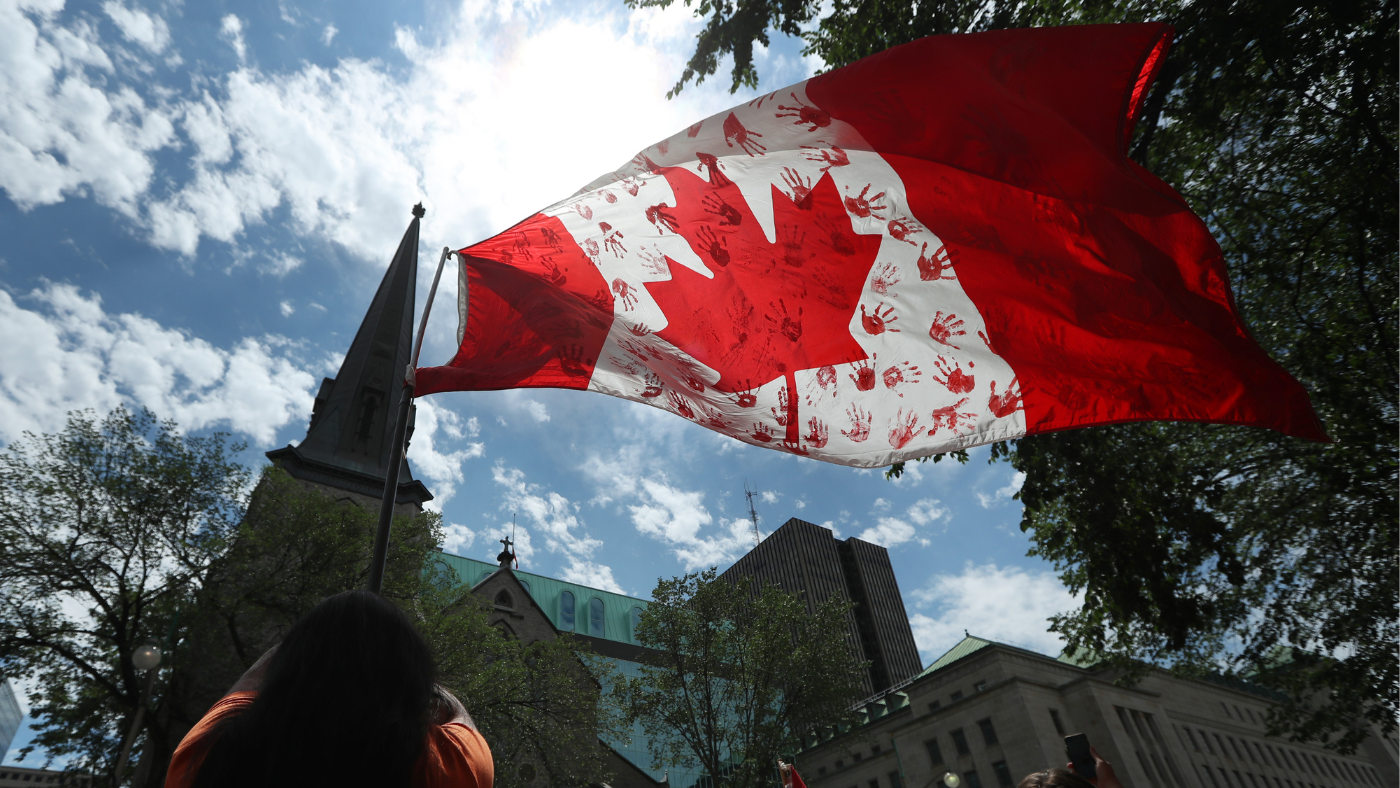 ‘It takes some soul searching to celebrate Canada Day’
‘It takes some soul searching to celebrate Canada Day’Instant Opinion Your digest of analysis from the British and international press
-
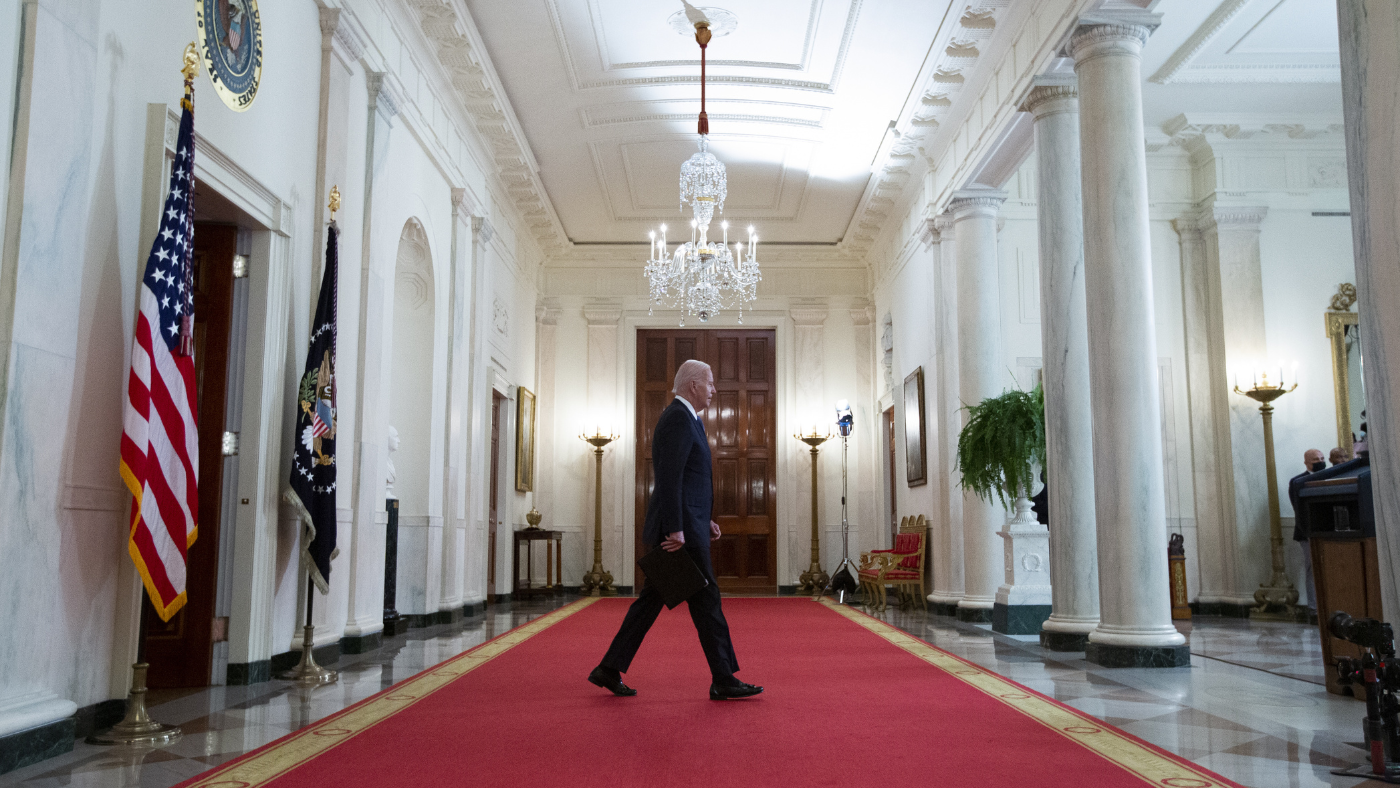 ‘Breakthrough on abortion rights could be there if Biden reaches for it’
‘Breakthrough on abortion rights could be there if Biden reaches for it’Instant Opinion Your digest of analysis from the British and international press